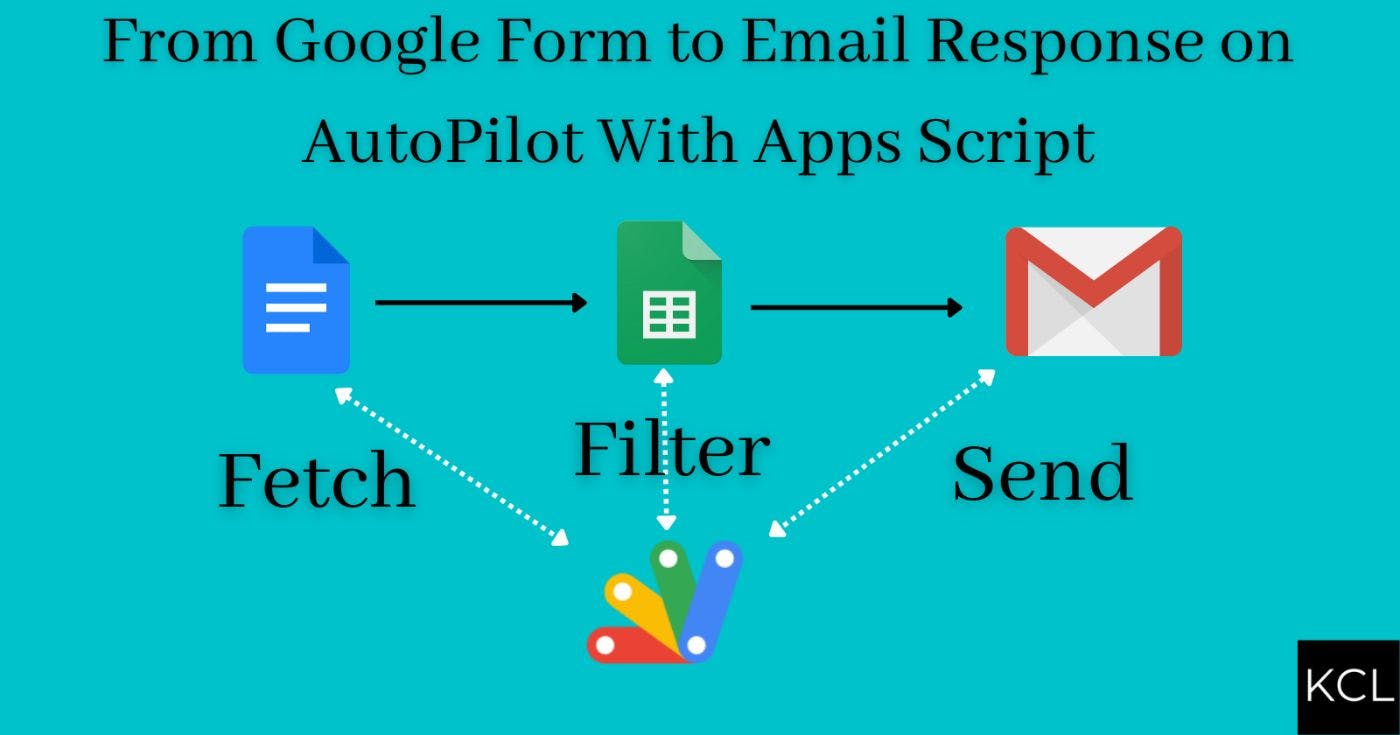1,375 reads
Send Google Forms Responses in an Email Automatically Using Google Apps Script
by
August 21st, 2022
Audio Presented by

As a freelancer, I create addons and scripts to automate google products such as sheets, Gmail, docs with apps script.
About Author
As a freelancer, I create addons and scripts to automate google products such as sheets, Gmail, docs with apps script.
